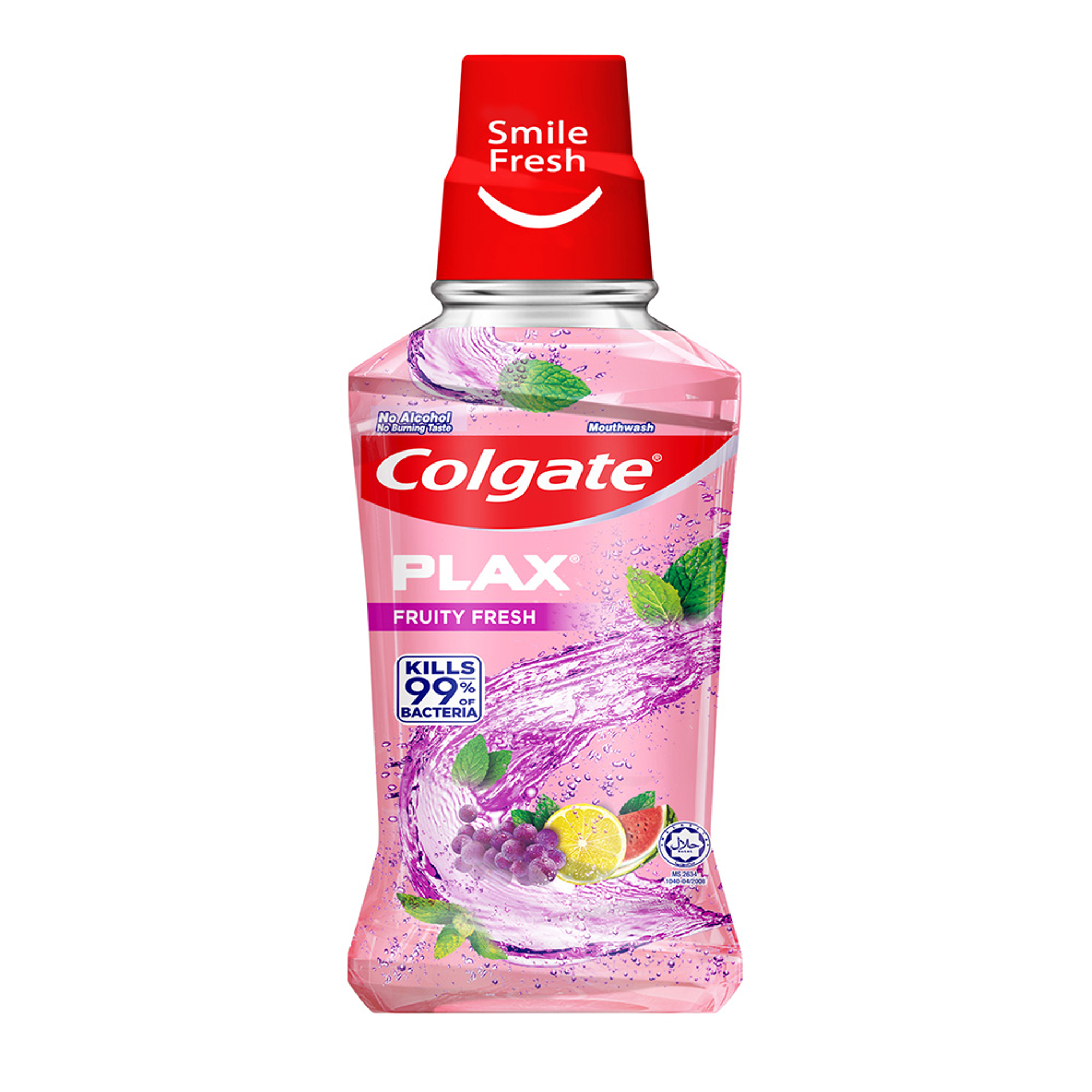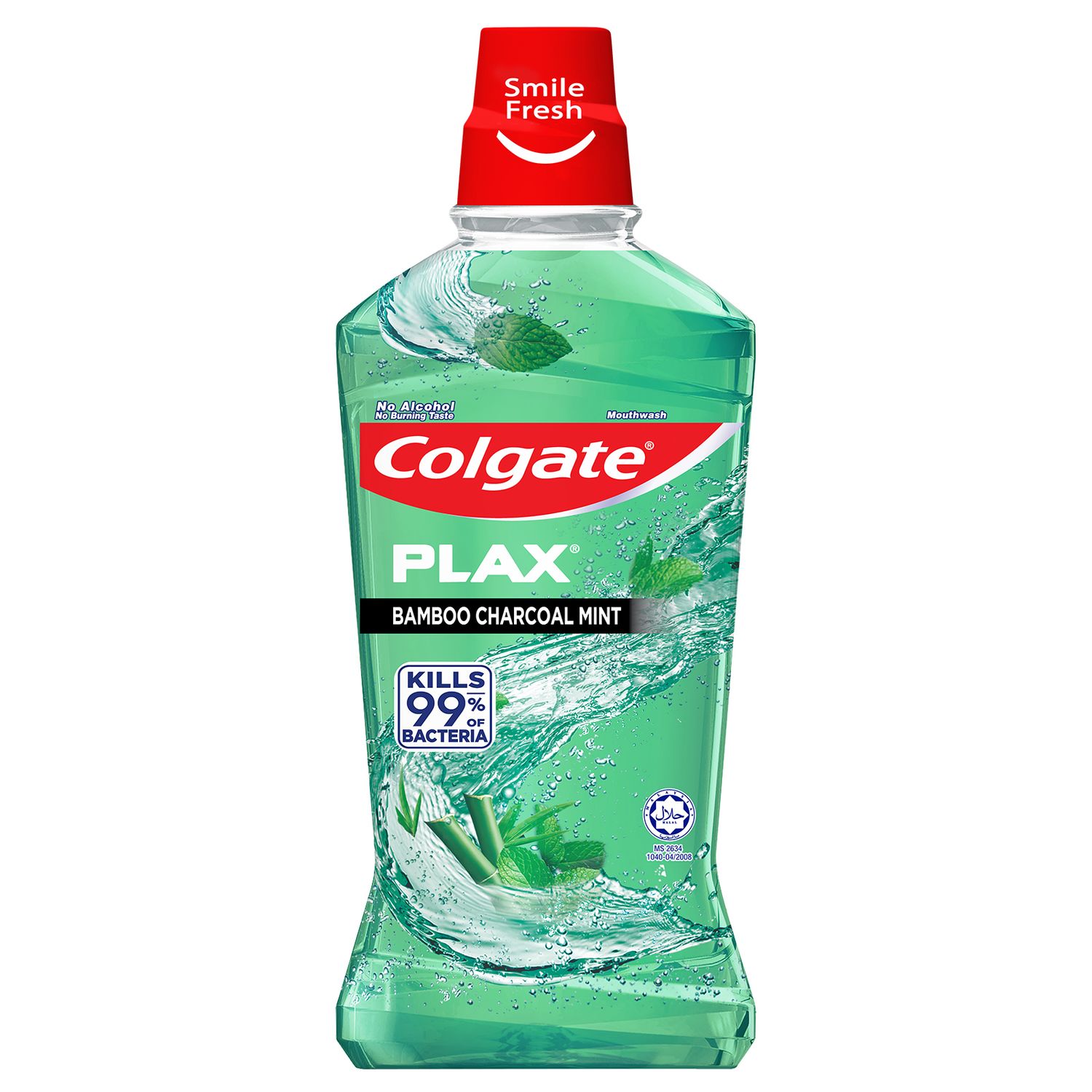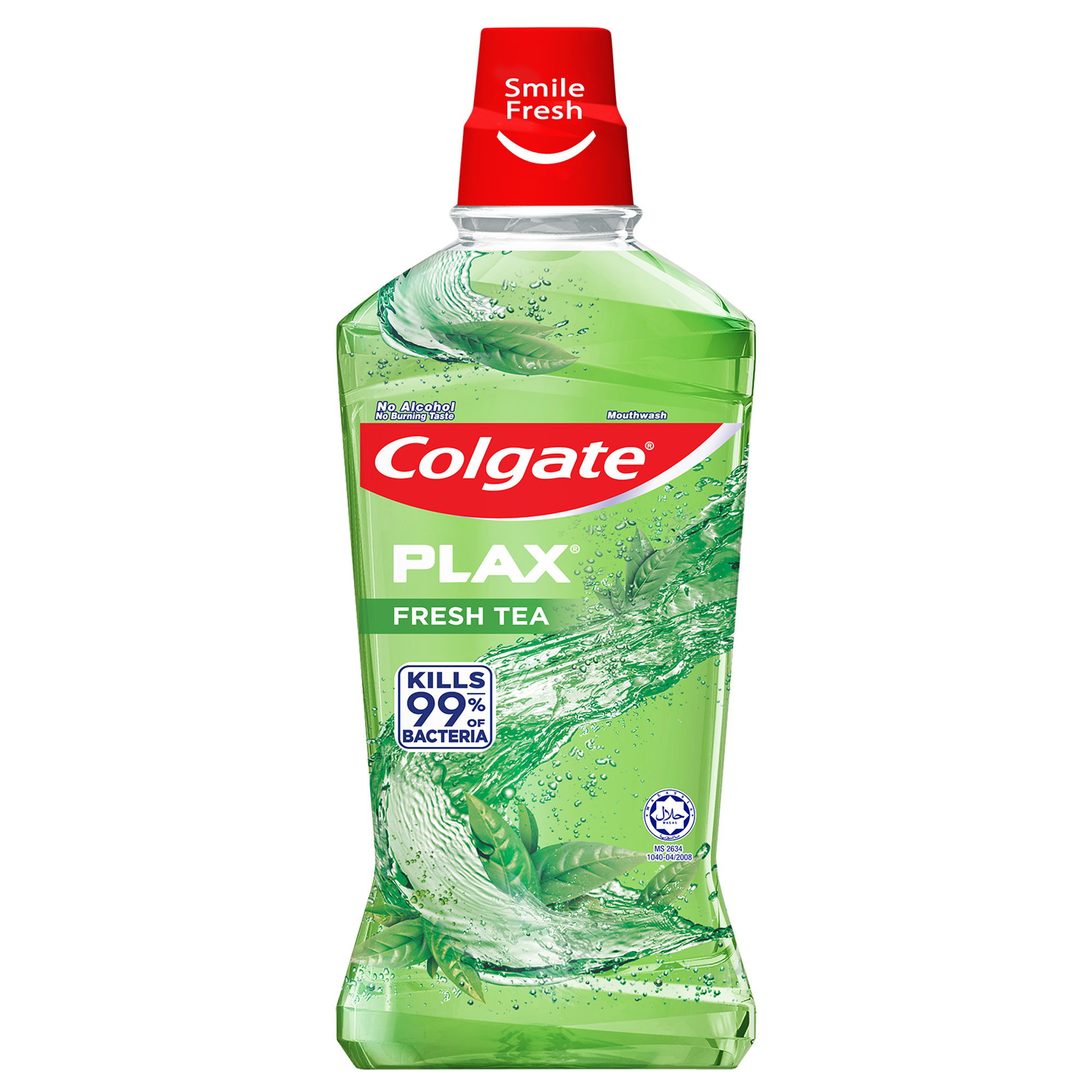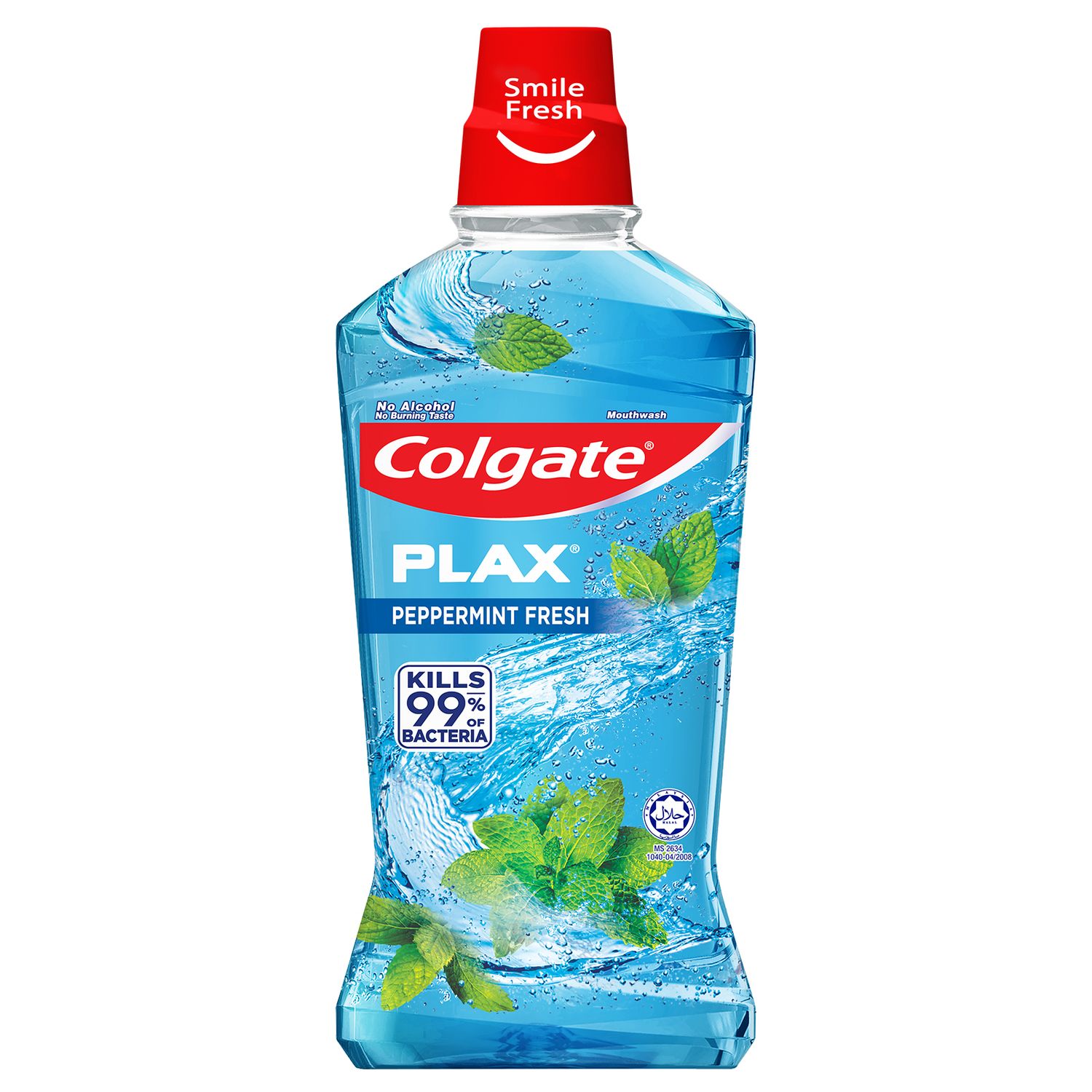Read on to learn more about dry mouth, its causes and symptoms and how it impacts your oral health. Discover useful remedies to get relief and the treatment options available. Gain insights on how to prevent the condition with proactive care.
What Is Dry Mouth (Xerostomia)?
Xerostomia (Dry mouth) is a condition that occurs when your body does not produce enough saliva in the mouth. It is different from occasional dryness which is normal and goes away when you drink water. Saliva is produced by the salivary glands and it supports various functions:
Keeps the mouth moist
Helps with tasting, chewing, swallowing and talking
Supports digestion by breaking down food in the mouth
Washes away food debris and harmful bacteria that cause plaque buildup and infections
Supplies essential minerals like calcium for strong and healthy teeth
Lack of enough saliva flow leads to persistent dryness in the mouth, making these functions difficult. Eventually, you may experience discomfort, difficulty in swallowing or speaking, bad breath and oral health issues if the condition is left untreated. Knowing the common causes and remedies helps you manage the symptoms and maintain a healthy mouth.
What Causes Dry Mouth?
A temporary dryness can occur in the mouth when you are nervous, upset or under stress. Sometimes, you may wake up with a dry throat if you were breathing through your mouth all night due to a blocked nose. However, persistent dry mouth causes difficulties and often indicates more serious medical conditions. While dehydration is a common reason, several other factors can make the salivary glands not function properly, reducing the flow of saliva.
The various causes of dryness in the mouth include:
Dehydration: Lack of adequate intake of water can reduce saliva flow in the mouth, causing dryness.
Lifestyle habits: Smoking and the use of tobacco and alcohol can reduce the flow of saliva, leading to dryness in the mouth.
Side effect of medicines: Some medicines can make the mouth dry. These include medicines for allergies (antihistamines), pain relievers, decongestants and medicine for high blood pressure.
Diseases: Some ailments can affect the functioning of the salivary glands. Conditions like diabetes, Parkinson’s disease, HIV/AIDS and Sjogren’s syndrome may lead to dryness in the mouth.
Radiation therapy: When given to areas in the head, neck or mouth area, it can affect the salivary glands. Reduction in saliva flow may be minor or major, and temporary or long-term, improving after the treatment.
Chemotherapy: Medicines to treat cancer can make saliva thicker, causing dryness in the mouth. It usually improves within a few weeks at the end of the treatment.
Menopause: It features significant hormonal changes that have various implications on overall health. In addition, it results in reduced saliva flow and a persistent feeling of dry mouth.
How Dry Mouth Affects Oral Health
Left untreated, dry mouth can impact your oral health in different ways. The saliva helps protect the teeth and gums, besides keeping the mouth moist. It washes away leftover food debris and bacteria that promote plaque buildup and infections. The saliva also provides essential minerals like calcium for the teeth. This remineralises the teeth, helping repair the enamel damage from acid attacks. Thus, saliva minimises the risk of cavities, gum disease and bad breath.
Inadequate saliva flow can affect oral functions like chewing, swallowing and speaking. Bacteria thrive, increasing the risk of various oral health issues. Knowing these facts about dry mouth helps you address dry mouth disease early on to prevent the following concerns:
Cavities: Less saliva means food debris and bacteria stay on your teeth longer. This promotes plaque and bacterial acids that erode tooth enamel, forming cavities.
Gum disease: Dryness can lead to plaque buildup along the gumline, leading to gum irritation. It begins as mild gingivitis (gum swelling) and progresses into more serious gum disease if left untreated.
Persistent bad breath: Bacteria thrive in a dry environment. They reside on teeth, gum pockets and tongue, releasing bad-smelling compounds. This results in a lasting bad smell in the mouth.
Difficulty eating and speaking: A dry mouth can make it harder to chew, swallow, or talk.
Cracked lips and mouth sores: Lack of moisture can cause irritation and discomfort in different parts of the mouth.
Likelihood of oral infections: Conditions like oral thrush are more common with dry mouth.
What Are the Symptoms of Dry Mouth?
One may experience temporary dryness in the oral cavity for various reasons from time to time. However, dry mouth syndrome is likely when this feeling does not go away. The signs of xerostomia may vary from mild to severe depending on the underlying cause and related conditions. Identifying them early on is essential to manage the condition and prevent its potential implications on your dental health. Here are the common dry mouth symptoms to look out for:
A sticky, dry or burning sensation in the mouth
Dryness in the throat
Difficulty in chewing, tasting, swallowing and speaking
Dry, red and cracked tongue with burning sensation or pain
Dry, cracked lips and corners of the mouth
Thick, sticky saliva
Infections or mouth sores
Bad breath
Tooth decay, gum irritation and gum disease
Difficulty using dentures
How To Prevent Dry Mouth?
Preventing dry mouth is easier than you may think. With changes in lifestyle and a healthy diet, you can ensure adequate saliva flow and prevent dryness in the mouth. Staying hydrated and addressing factors that affect the production of saliva is the key. In addition, maintaining good oral hygiene is also important. Here are some useful tips to prevent dry mouth and help a dry mouth cure work effectively:
Stay hydrated by drinking plenty of water to promote saliva flow naturally in the mouth.
Chewing sugar-free gums may help stimulate saliva production in the mouth.
Improve oral hygiene—brush twice and floss once daily to remove plaque and germs. Rinse with warm saline water or a dentist-recommended mouthwash.
Choose an alcohol-free mouthwash to avoid dryness in the mouth.
Eat moist foods, like fruits and vegetables with higher water content.
Avoid caffeine, alcohol, and tobacco, as they can easily dry out your mouth.
Add moisture to the air in your room using a humidifier to prevent dryness.
What Are Dry Mouth Remedies?
If you are experiencing dry mouth, there are several ways to manage the condition and relieve the symptoms. However, the effectiveness of dry mouth remedies can vary based on the severity of your condition and the underlying factors. Consulting a dentist is ideal for managing persistent and severe signs of xerostomia. Meanwhile, the following remedies can help restore moisture and ease discomfort in mild cases:
Sip water frequently: Keep your mouth moist by drinking small sips throughout the day.
Stimulate saliva flow: Suck on sugar-free lozenges or ice chips or chew sugar-free gum. This can stimulate saliva production.
Watch lifestyle and diet: Avoid smoking and tobacco use. Replace spicy, acidic foods, caffeine, and alcohol with healthy, soft and moist foods.
Avoid dryness: Add moisture to the air using a humidifier. This helps avoid dryness, especially at night. You may also use a moist lip balm to soothe cracked lips.
Ensure good oral hygiene: Brush, floss and rinse daily. Use an alcohol-free mouthwash for dry mouth to avoid further dryness and irritation.
What Are The Dry Mouth Treatments?
Effective dry mouth treatment requires a mix of personal and professional care. Staying hydrated, watching diet and lifestyle and good oral care are crucial. Besides, addressing the underlying cause is essential if the symptoms persist. A dentist can identify the root cause of dry mouth and suggest the right treatment for an effective cure. They may suggest using over-the-counter saline rinses, gels or sprays to restore moisture and saliva flow in the mouth.
When To See A Doctor
Home remedies can often help relieve discomfort in mild cases of xerostomia. However, for severe symptoms professional care is crucial. You may consult a dental professional or a healthcare provider for proper diagnosis and treatment. Professional care is vital, especially if the dry mouth is the result of an ailment or a medication. By addressing the root cause, a healthcare provider can suggest the best treatment for long-term relief.
Frequently Asked Questions
Why do I have dry mouth?
Inadequate saliva flow is the main reason why mouth feels dry. This can occur due to various reasons like dehydration, mouth breathing, smoking, alcohol intake, some medications and certain health conditions like diabetes.
How to prevent dry mouth when speaking?
Staying hydrated, chewing sugarless gum, and avoiding caffeine or alcohol help stimulate saliva flow. This can prevent dryness in the mouth while speaking. Using a humidifier, and trying dentist-recommended saliva-substitute products can help keep your mouth moist.
What is the reason for a dry mouth?
Dry mouth is often a result of dehydration, stress, smoking, some medicines or medical conditions that affect the working of salivary glands. Identifying and addressing the cause helps with effective, long-term relief.
Can drinking water stop dry mouth?
Drinking water helps manage the symptoms of dry mouth. However, an effective cure depends on addressing the underlying causes like medication or health conditions that reduce saliva production.














